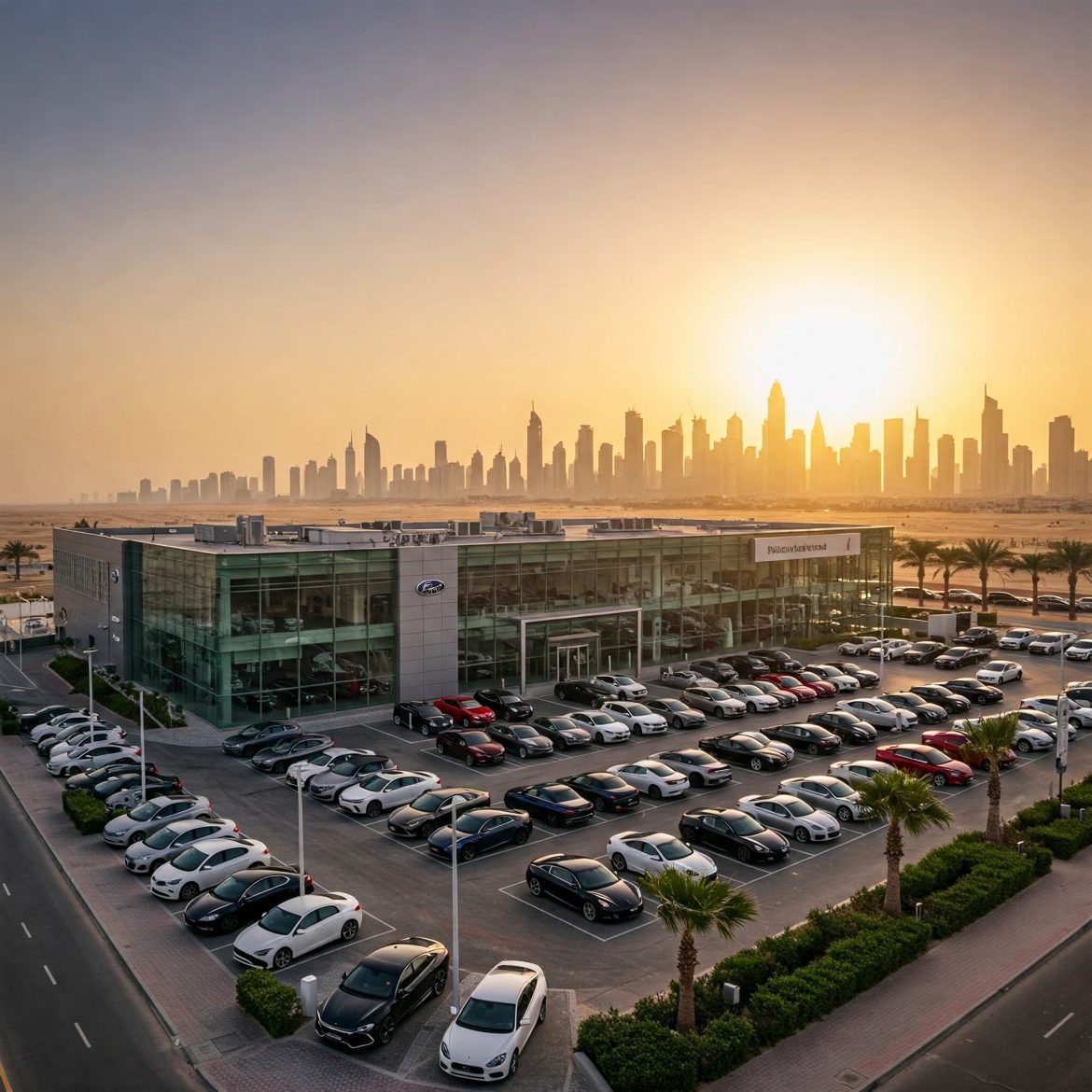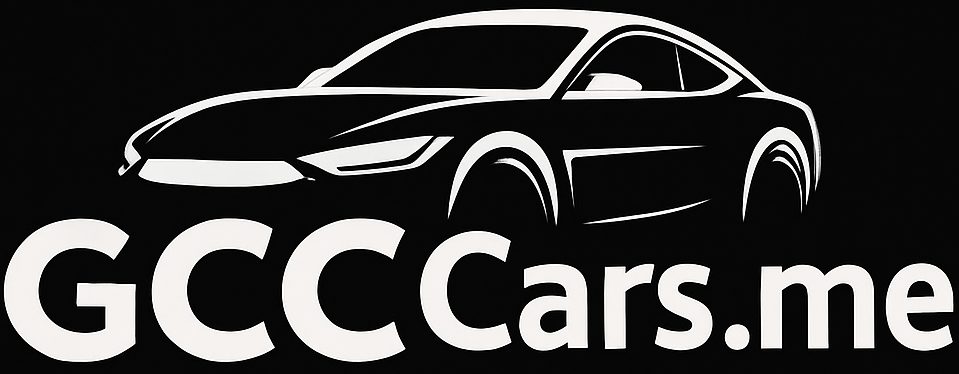The Gulf Cooperation Council (GCC) region
The Gulf Cooperation Council (GCC) region, comprising Saudi Arabia, the United Arab Emirates, Qatar, Kuwait, Oman, and Bahrain, represents one of the most lucrative automotive markets in the world. Characterized by high disposable income, low fuel costs, and a cultural affinity for car ownership, the car dealership environment in this region is both competitive and dynamic. This article explores the key characteristics of the GCC car dealership market, identifies the major players, and outlines the future outlook as the region embraces technological innovation, sustainability goals, and changing consumer behavior.
1. Market Environment Overview
The automotive sector in the GCC is largely import-driven, with almost all vehicles sourced from international manufacturers. This has given rise to a unique dealership landscape where large family-owned conglomerates dominate distribution, offering a broad portfolio of brands.
Key Characteristics of the Market:
• High Vehicle Ownership Rates: Countries like the UAE and Saudi Arabia have some of the highest car ownership rates globally. Vehicles are not just a necessity but also a status symbol, especially luxury and performance cars.
• Fuel Affordability: The availability of subsidized or low-cost fuel makes vehicle usage and ownership more economical, supporting high demand for SUVs and large vehicles.
• Economic Factors: Economic growth, urban development, and mega-projects (like NEOM in Saudi Arabia) continue to drive demand for personal and commercial vehicles.
• Segmented Demand: The market ranges from ultra-luxury vehicles (Rolls Royce, Bentley) to budget-friendly brands (Kia, Suzuki), with growing traction for electric and hybrid vehicles.
• Regulatory Frameworks: Governments across the GCC have been implementing regulations to improve fuel efficiency and reduce carbon emissions, indirectly influencing dealership offerings.
2. Major Players in the GCC Car Dealership Industry
Large, long-established dealership groups control a significant share of the market, leveraging strong relationships with global automakers and vast retail networks.
Key Players by Country:
Saudi Arabia:
• Abdul Latif Jameel Motors: The exclusive distributor for Toyota and Lexus, representing one of the most dominant dealerships in the kingdom.
• Aljomaih Automotive Company: Distributes Chevrolet, GMC, and Cadillac; also involved in electric vehicles like GAC and BYD.
• Mohamed Yousuf Naghi Motors: Represents BMW, Hyundai, and Rolls-Royce.
United Arab Emirates:
• Al-Futtaim Automotive: Exclusive distributor for Toyota, Lexus, Honda, Dodge, and Chrysler.
• Gargash Enterprises: Represents Mercedes-Benz in the UAE.
• Al Nabooda Automobiles: Handles Audi, Volkswagen, and Porsche brands.
Kuwait, Qatar, Bahrain, and Oman:
• Each country has regional champions, such as:
o Al Mulla Group (Kuwait): Distributes brands like Mitsubishi, Acura, and Mercedes-Benz.
o Al Mana Motors (Qatar): Distributes Ford and Lincoln.
o Bahwan Automotive (Oman): Distributes Nissan, Infiniti, and Renault. These companies maintain extensive service centers, offer tailored financing solutions, and provide certified pre-owned programs to attract diverse buyer segments.
3. Trends Influencing the Car Dealership Market
Digital Transformation:
Digital disruption is reshaping the traditional dealership model. Consumers are increasingly turning to online platforms to research, compare, and even purchase vehicles.
• Online car marketplaces such as Dubizzle, YallaMotor, and CarSwitch are growing rapidly.
• Major dealers are investing in e-commerce capabilities and AI-driven customer service.
Sustainability and EV Growth:
• Government Initiatives: The UAE’s Net Zero 2050 and Saudi Arabia’s Vision 2030 are propelling the shift toward electric vehicles (EVs) and hybrid cars.
• Incentives: Reduced customs duties, VAT exemptions, and investment in EV infrastructure are stimulating demand.
• Brand Expansion: Tesla, Lucid Motors, and BYD are expanding presence via local partnerships.
Changing Consumer Preferences:
• Demand for mobility solutions like leasing, car subscriptions, and ride-sharing is growing.
• Younger, tech-savvy buyers prefer faster, digital-first experiences and environmentally responsible options.
• Increasing focus on certified pre-owned vehicles (CPOs) as consumers look for value-driven alternatives.
4. Future Outlook for Car Dealerships in the GCC
Opportunities:
• Electrification: The EV segment, currently niche, is expected to witness exponential growth by 2030.
• Regional Mega Projects: Smart cities and giga-projects will create demand for new vehicle types, including autonomous and connected vehicles.
• Digital Retailing: Continued growth of digital retail channels will unlock new efficiencies and consumer segments.
• Used Car Market Expansion: Rising prices and changing attitudes toward ownership will drive demand for certified pre-owned vehicles.
Challenges:
• Global Supply Chain Disruptions: These could impact vehicle availability and dealership profitability.
• Competition from Direct-to-Consumer Models: Automakers like Tesla bypass traditional dealerships, posing a long-term threat.
• Policy Shifts: New regulations (such as emission limits or EV mandates) may require rapid adaptation by dealers.
5. Strategic Recommendations for Dealers
To thrive in this evolving market, dealerships in the GCC should:
• Embrace Omnichannel Sales: Seamlessly integrate digital and in-person experiences to improve customer journey.
• Invest in EV Infrastructure: Equip service centers for EV maintenance and provide charging station support.
• Diversify Offerings: Expand into car subscription models, vehicle financing, and insurance services.
• Enhance After-Sales Services: Offer loyalty programs, mobile servicing, and long-term maintenance packages.
Conclusion
The GCC car dealership industry is at a strategic inflection point. While traditional strengths like brand dominance, economic affluence, and fuel affordability remain, the rise of electric vehicles, digital commerce, and changing consumer expectations are forcing rapid evolution. Those dealers who adapt early, build agile digital infrastructures, and align with government-led sustainability goals will emerge as winners in a market poised for transformation.
This article on “Car Dealers in the GCC region” is published and distributed by Arab Newswire. To reach a target audience with press release distribution in the automotive industry, contact us through these messaging platforms: WhatsApp +1832-716-2363, Telegram: @groupwebmedia.


